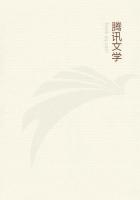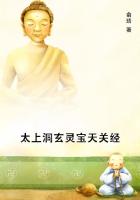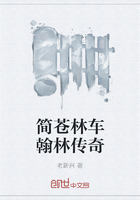Countess Katerina Ivanovna's dinner hour was half-past seven, and the dinner was served in a new manner that Nekhludoff had not yet seen anywhere. After they had placed the dishes on the table the waiters left the room and the diners helped themselves. The men would not let the ladies take the trouble of moving, and, as befitted the stronger ***, they manfully took on themselves the burden of putting the food on the ladies' plates and of filling their glasses. When one course was finished, the Countess pressed the button of an electric bell fitted to the table and the waiters stepped in noiselessly and quickly carried away the dishes, changed the plates, and brought in the next course. The dinner was very refined, the wines very costly. A French chef was working in the large, light kitchens, with two white-clad assistants. There were six persons at dinner, the Count and Countess, their son (a surly officer in the Guards who sat with his elbows on the table), Nekhludoff, a French lady reader, and the Count's chief steward, who had come up from the country.
Here, too, the conversation was about the duel, and opinions were given as to how the Emperor regarded the case. It was known that the Emperor was very much grieved for the mother's sake, and all were grieved for her, and as it was also known that the Emperor did not mean to be very severe to the murderer, who defended the honour of his uniform, all were also lenient to the officer who had defended the honour of his uniform. Only the Countess Katerina Ivanovna, with her free thoughtlessness, expresses her disapproval.
"They get drunk, and kill unobjectionable young men. I should not forgive them on any account," she said.
"Now, that's a thing I cannot understand," said the Count.
"I know that you never can understand what I say," the Countess began, and turning to Nekhludoff, she added:















